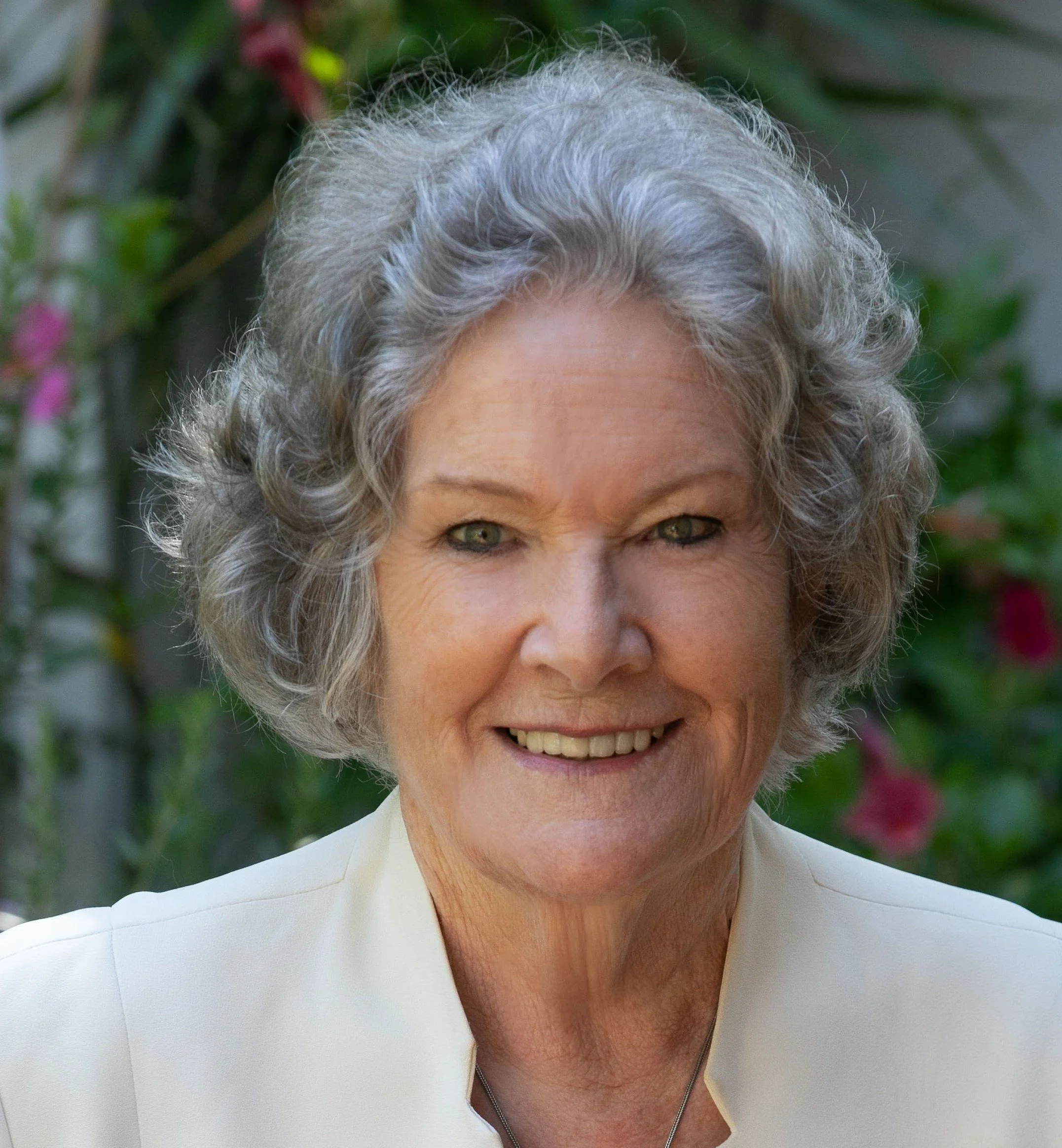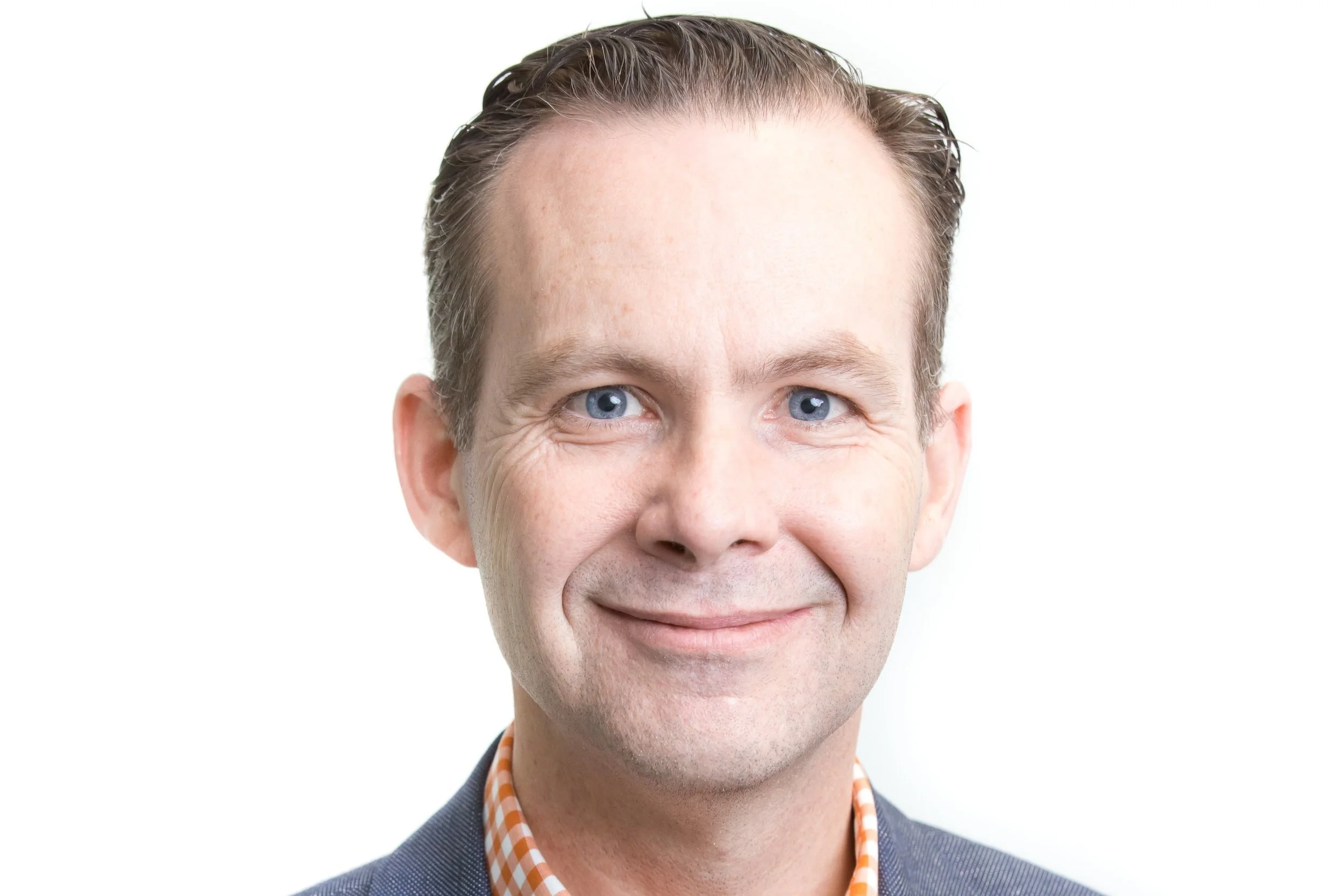Stop HIV Stigma Hackathon
How might we prevent stigma against people living with HIV in the healthcare setting?
Despite HIV being first identified 40 years ago stigma against people living with HIV still exists. UNSW Founders in collaboration with Gilead Sciences, UNSW Centre for Social Research in Health and National Association of People With HIV Australia are hosting this special 1.5-day event to bring together different minds and areas of expertise to create innovative solutions to prevent stigma towards PLWH in the healthcare setting.
The Challenge: How might we prevent stigma against people living with HIV in the healthcare setting?
There were approximately 37.7 million people across the globe with HIV in 2020, and an estimated 29,090 PLWH in Australia. In 2018, a national survey of PLWH conducted by the Centre for Social Research in Health found that more than half of participants (56%) reported experiencing stigma within the last 12 months in relation to their HIV status, including 9% reporting that they ‘often’ or ‘always’ experienced stigma. One-third of participants (33%) reported any negative treatment by health workers, including 5% who indicated that this was ‘often’ or ‘always’ the case.
Stigma is complex, particularly for those living with HIV. It can be linked to physical characteristics, lifestyle, religious affiliation, socioeconomic status, race, gender and sexual orientation. Stigma towards infectious viruses like HIV is increased due to fear of contracting the virus and prejudice and assumption of behaviours that increase the risk of contracting the virus, such as unprotected sex and sharing of equipment for injecting drugs (Broady et al, 2018). Outside of the HIV community it is still not widely known that PLWH who take HIV antiretroviral therapy as prescribed, and who achieve and maintain an undetectable viral load, cannot sexually transmit the virus to an HIV-negative partner. This is known as Undetectable = Untransmissible or U=U.
-
There is significant research on the damaging impact stigma has on the lives of PLWH, compromising quality of life, relationships, and mental health. Stigma is also linked to a reduction in healthcare utilisation and adhering to treatment, which can lead to further negative outcomes on physical health (Broady et al, 2018). Unfortunately, stigma is still too often experienced by PLWH in their own healthcare system, the very place they go for care and support. This can be caused by healthcare workers own negative attitudes and bias and result in things like being unwilling to administer treatment, reluctance to perform medical procedures and use of excessive infection control as well as policies, procedures and regulations that guide the operations of the health system (Nyblade et al, 2021).
Significant progress has been made in the prevention, care and treatment of HIV however work is still required to prevent stigma and ensure people living with HIV live their best life on their own terms free from stigma and discrimination.
UNSW Founders in collaboration with Gilead Sciences, UNSW Centre for Social Research in Health (CSRH) and National Association of People With HIV Australia (NAPWHA) are hosting this special 1.5-day event to bring together different minds, areas of expertise and ways of thinking to create new and innovative solutions to prevent stigma towards PLWH in the healthcare setting.
Participants will be supported with information and resources from subject matter experts and mentors to brainstorm, design, test and create possible solutions.
-
There is significant research on the damaging impact stigma has on the lives of PLWH, demonstrating the negative impact on quality of life, relationships, and mental health. Stigma is also linked to a reduction in accessing healthcare and adhering to treatment, which can lead to further negative outcomes on physical health (Broady et al, 2018).
-
Unfortunately, stigma is still too often experienced by PLWH in their own healthcare system, the very place they go for care and support. This can be caused by healthcare workers own negative attitudes and bias and result in things like being unwilling to administer treatment, reluctance to perform medical procedures and use of excessive infection control as well as policies, procedures and regulations that guide the operations of the health system (Broady et al, 2018, Nyblade et al, 2021) . Although a lot of work has been done in this space and continues to be done to prevent stigma, it still remains an issue.

















